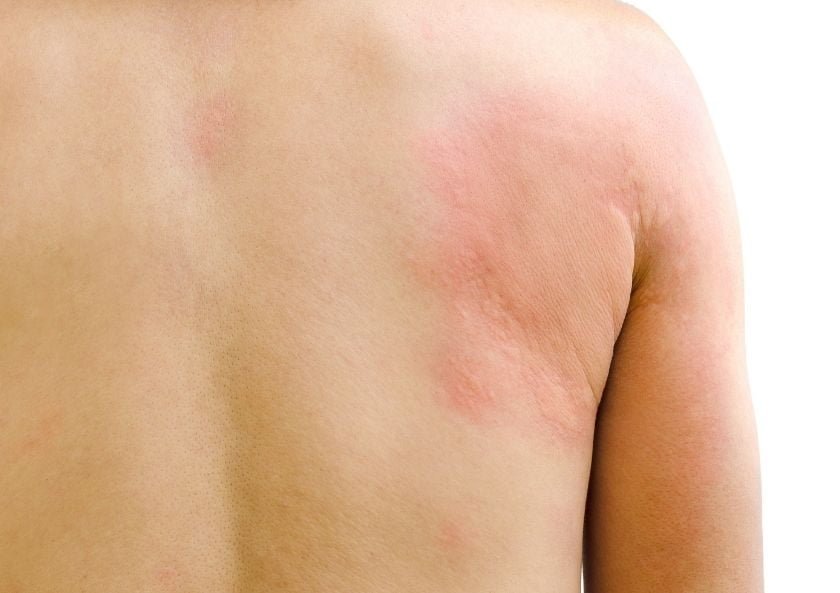Hives (urticaria) are caused by sudden itchy rashes on the skin. The size and color of these blisters and redness seen on the skin in urticaria can vary from person to person. The underlying cause of hives is mostly allergies, certain foods, extreme heat or exercise. So what is hives? We explained it to you in this article.
What is Hives?
Hives (urticaria) is an itchy rash caused by small amounts of fluid leaking from blood vessels just below the skin surface. This skin reaction can vary in color and size from person to person. Conditions that usually trigger hives are allergies, certain foods, medications or additives, exposure to extreme heat, or exercise.
Most of the time, urticaria are harmless and do not leave permanent marks. The most recommended treatment for hives is antihistamine medications. However, more detailed treatment is needed in severe cases affecting the respiratory tract, such as your child’s throat or tongue swelling.
What Does an Urticaria Rash Look Like?
A rash usually occurs suddenly on any area of the skin. Small blisters form on the skin. These blisters are itchy. The bumps appear in white or red. In general, their size varies between 1-2 cm, it can also be seen larger.
Sometimes it occurs in very few numbers, but sometimes it can be seen in various parts of the body. When the blisters start to fade, the redness around it may remain, then these reddened spots disappear and the skin returns to normal. This process takes place between 24 hours and 48 hours.
What are the Symptoms of Hives (Urticaria)?
Most people with hives symptoms do not feel sick. But the appearance of blisters and rashes is annoying. To understand the rashes of hives, we can list the symptoms as follows;
- If there are red or white bumps
- If you have intense itching
- Usually oval shaped
- If they are 1-2 cm in size
- If it happens between 24 hours and 48 hours.
Symptoms can sometimes affect your child’s social life and, more importantly, can be life-threatening. Therefore, it is useful to see your child to an allergist/immunology specialist within the first 24 hours.



